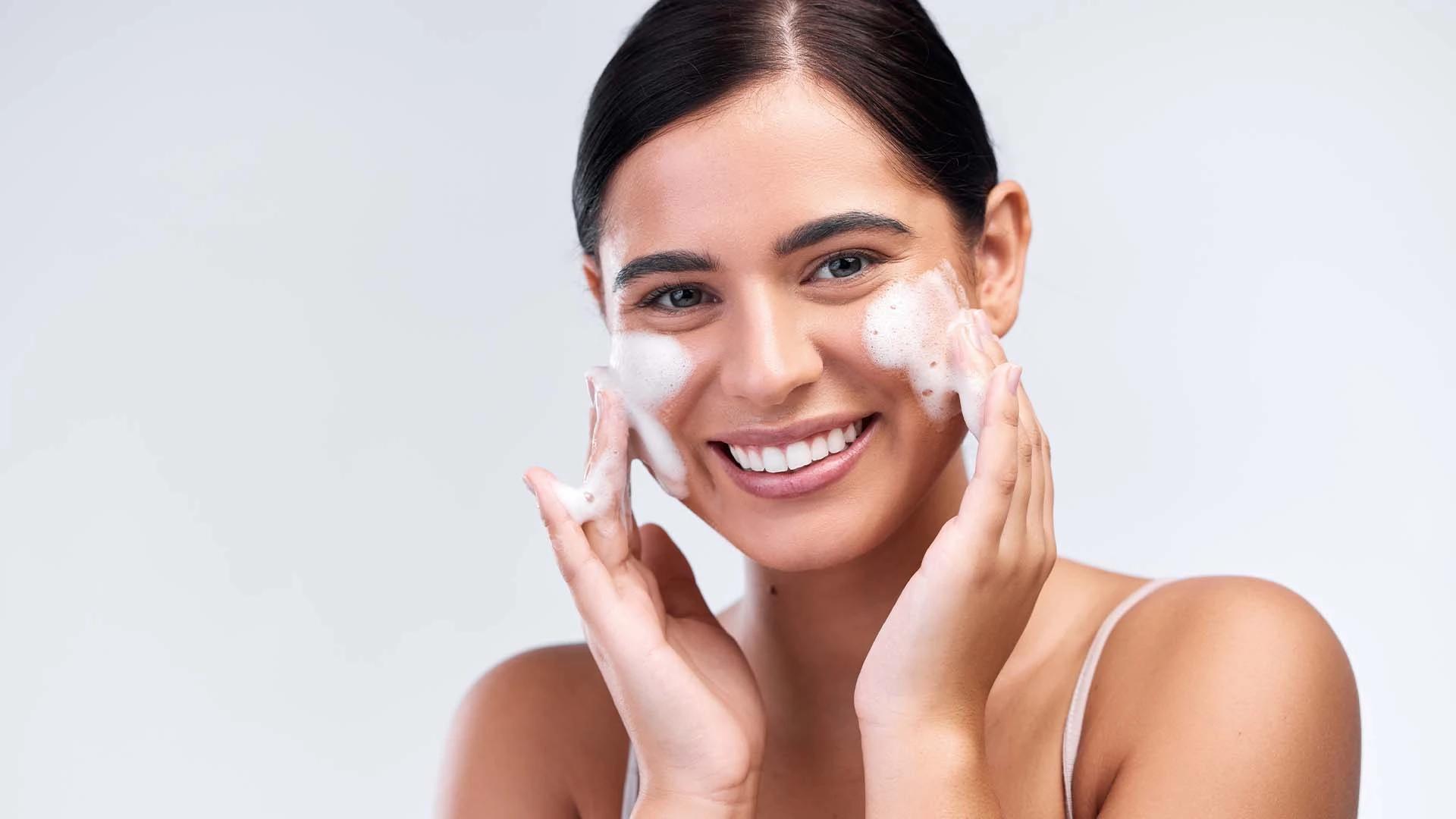Dermatological procedures like chemical peels, laser treatments, and microneedling can boost the effectiveness of your at-home routine. These treatments work synergistically with topical products to fade dark patches more quickly.
Dietary Considerations
Your skin reflects what you eat. Antioxidant-rich foods, vitamin C supplements, and adequate hydration support skin health from within. Whilst diet alone won't cure pigmentation, it supports your topical treatments.
Lifestyle Changes
Stress management and adequate sleep affect skin repair and regeneration. High stress levels can worsen conditions like melasma, whilst good sleep helps your skin recover and respond better to treatments.
Common Myths About Pigmentation Creams Debunked
Let's clear up some misconceptions that might be holding you back from finding effective treatment. These myths are everywhere on social media and beauty forums, but science tells a different story.
Myth: All Pigmentation Creams Bleach the Skin
This isn't true. Quality skin lightening lotion products work by inhibiting excess melanin production, not by bleaching your natural skin colour. They help restore your skin's natural, even tone rather than making you lighter than your natural shade.
Myth: Instant Results are Possible
Pigmentation took time to develop, and it takes time to fade. Most effective treatments show initial results in 4-6 weeks, with significant improvement taking 3-6 months. Patience is key to successful treatment.
Myth: Natural Always Means Safe
Natural ingredients can be potent and cause reactions too. Essential oils, citrus extracts, and some plant-based ingredients can actually increase sun sensitivity or cause irritation. Always patch test new products.
Frequently Asked Questions
How long does it take to see results from pigmentation creams?
Most people notice initial improvements in 4-6 weeks of consistent use. Significant fading typically takes 3-6 months. The timeline depends on the type of pigmentation, product strength, and your skin's response to treatment.
Can pigmentation creams be used during pregnancy?
Many ingredients like hydroquinone and retinoids aren't recommended during pregnancy. Safe alternatives include vitamin C, niacinamide, and kojic acid. Always consult your doctor before starting any new skincare routine during pregnancy.
Are prescription creams always better than over-the-counter options?
Prescription treatments are stronger and often more effective for stubborn pigmentation. However, over-the-counter options work well for mild to moderate pigmentation and are gentler on sensitive skin. Your dermatologist can help determine what's right for you.
Can pigmentation creams be used on all skin tones?
Yes, but different skin tones may respond differently to treatments. Darker skin tones are more prone to post-inflammatory hyperpigmentation, so gentler approaches are often recommended. Always choose products tested on diverse skin tones.
Key Takeaways
Finding the best cream for pigmentation comes down to understanding your skin type, choosing proven ingredients, and being consistent with your routine. Remember that effective treatment takes time—there's no magic overnight fix for pigmentation issues. Start with gentler formulations and gradually work up to stronger treatments if needed. Most importantly, never skip sun protection, as it's the most crucial step in both treating existing pigmentation and preventing new spots from forming. Your skin's pigmentation story is unique, and finding the right treatment might take some trial and error, but with patience and the right approach, clearer, more even skin is absolutely achievable.


 30 gm
30 gm 50 gm
50 gm 100 ml
100 ml 200 ml
200 ml